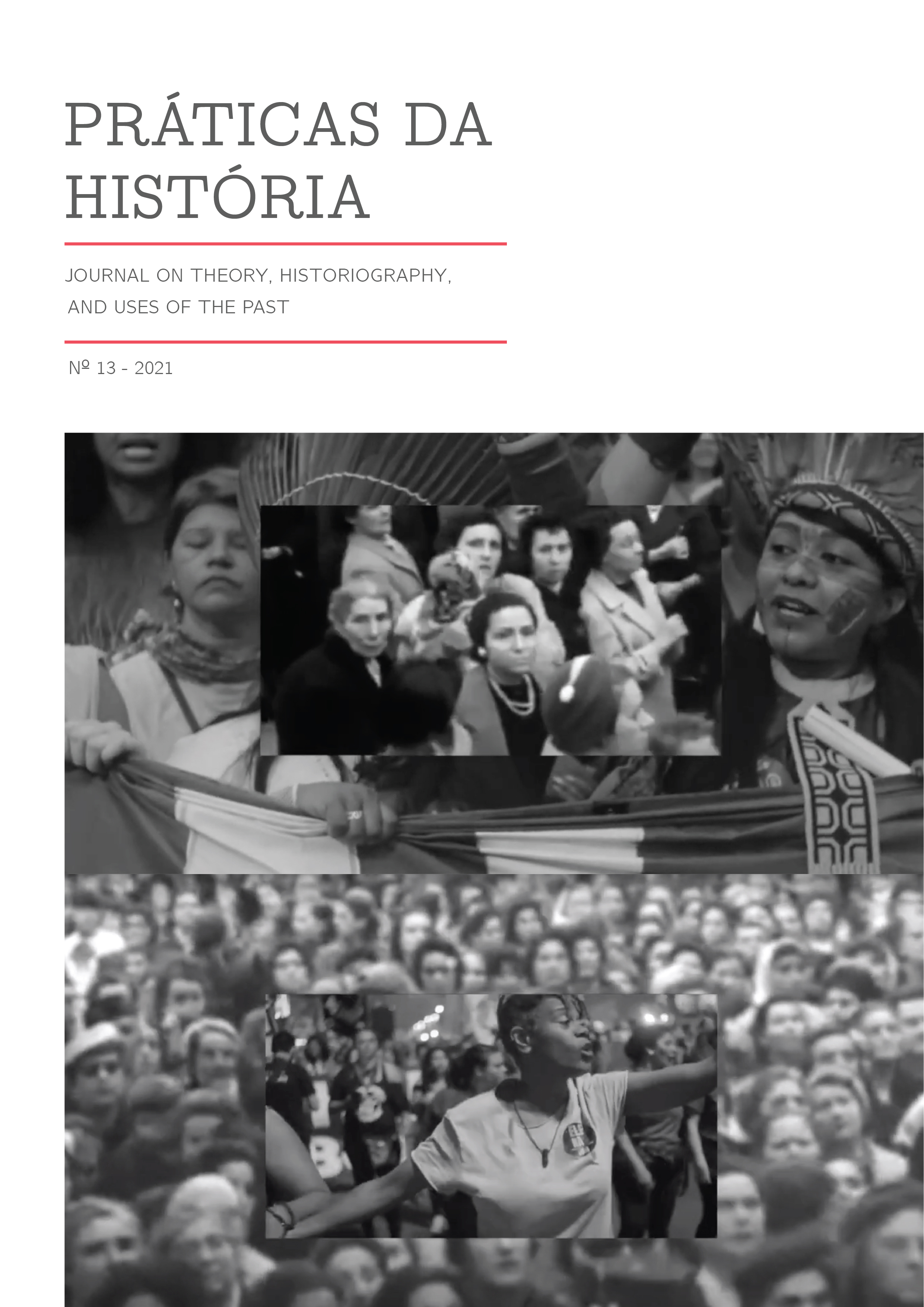“I wrote as a journalist more than as an historian”: historiographic polemics in the Spanish press (1833-1868)
DOI:
https://doi.org/10.48487/pdh.2021.n13.26475Keywords:
liberalism, conservatism, historiography, epistemologyAbstract
Historiography today is understood as a practice carried out by a disciplinary community that hosts scholarly debates. However, in 19th century Spain the community of historians was weak and dispersed until the Restoration. The authors of historical works were “men of letters” of different backgrounds and their writing used to be commented on in the daily press as “literary novelties”, in the absence of academic journals. Occasionally, these articles produced controversies that displayed the dissensions between political cultures. The arguments used deliberative or forensic rhetorical devices. Drawing from historical controversies from the reign of Isabella II, I argue that political newspapers conditioned the production and reception of the knowledge of the past. Historians authority depended on moral arguments that were embedded in the antagonisms of liberal society. I propose that the epistemic virtues associated with the impartiality and distancing of historical scholarship must be linked to liberal conservativism attempts to maintain its institutional order.



